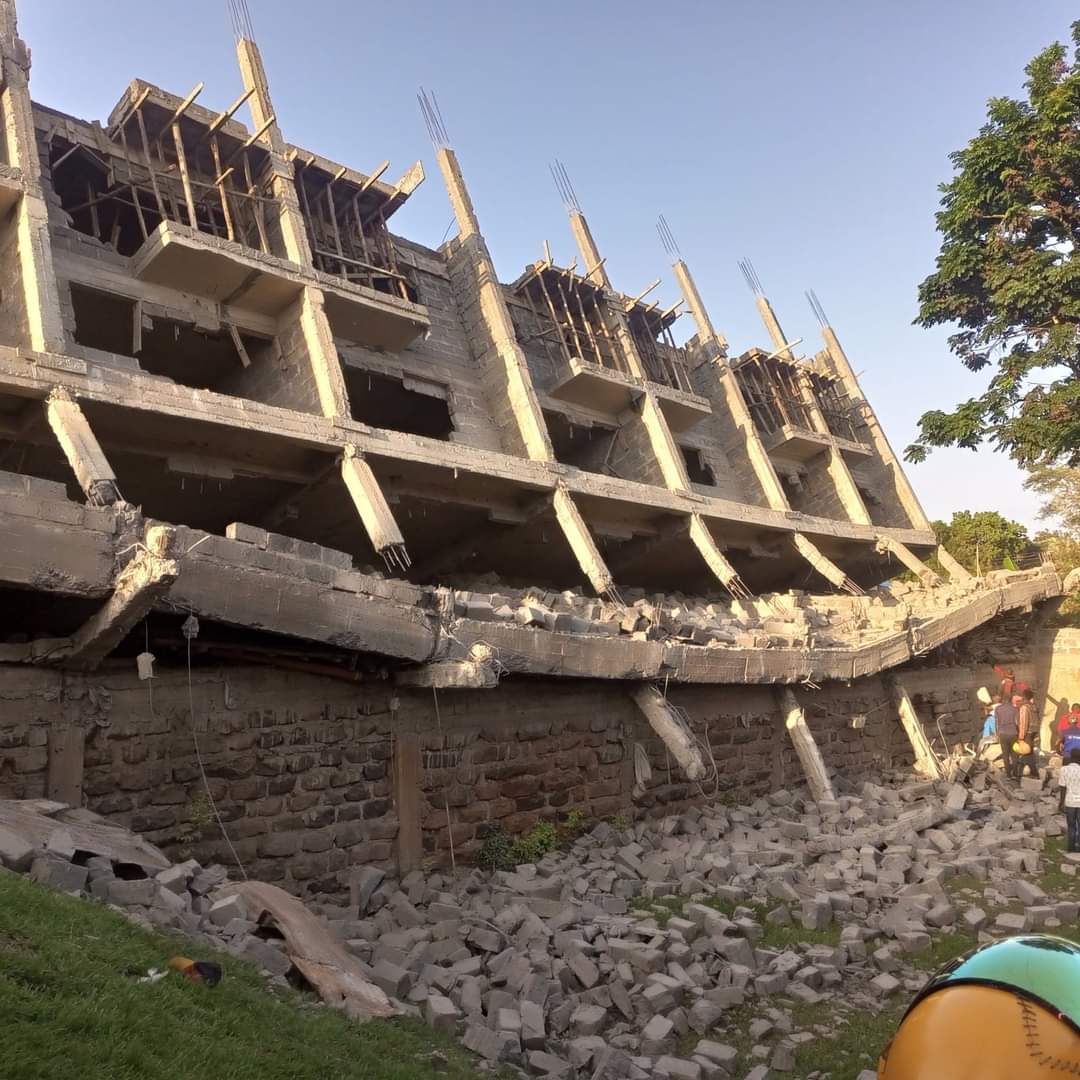Keroche Breweries limited has been shut down once again by Kenya Revenue Authority (KRA), after the two parties failed to agree on how to settle the outstanding tax arrears.
Speaking to the media at the factory on Tuesday, Keroche Breweries Chief Executive Officer (CEO), Mrs. Tabitha Karanja, said the Naivasha based beer plant was shut down for the second time by the KRA, over failure to clear accrued tax arrears totaling to Sh 322 million.
Mrs. Karanja who is vying for Nakuru County Senatorial seat on United Democratic Alliance (UDA) party ticket, claimed the business was being targeted because of her political stand and accused an unnamed people of working behind KRA to frustrate the business.
“This is wrong because although I might be the CEO of Keroche Breweries, I am a different entity from the business,” Mrs. Karanja said.
She noted that the closure might jeopardize the future of its 400 workers at the factory and their families and more than 10,000 people who earn indirectly from the business.
Karanja also noted that if the closure is not reversed, beer worth Sh 350 million which was in the production process at various stages and raw materials in the stores could go to waste, occasioning the Company huge loses.
The fallout comes just months after the Company had reached an agreement on a repayment plan that saw it resume operations after a short hiatus in March, after being closed by KRA. The beer plant was shut in February this year after failing to clear the outstanding tax balances and returns, which had been accrued from February last year.
It is alleged that the Company had defaulted on this earlier agreement to gradually settle its outstanding tax arrears, an allegation the Company has denied.
The agreement had been arrived at and signed on March 14, 2022, after week-long negotiations involving the alcoholic drinks manufacturer and KRA, after which the beer plant was re-opened.
In the agreement Keroche Breweries was to pay Sh.957 million to the taxman over a period of 24 months starting January 2022, which Mrs. Karanja said was almost impossible, just coming out of Covid-19 pandemic, adding that they signed the agreement under duress.
Karanja also took issue with the government for issuing an advisory to 36 banks not to lend money to the beer company, a move she noted had greatly contributed to her company’s financial woes and occasioning a harsh investment climate and erosion of investor confidence.
Karanja pleaded with KRA to give the Company a chance to rebuild the business and save the jobs of her staff before settling the tax arrears.
“I specifically request once more to be given a moratorium on the enforcement action that shut down our operations, and humbly request for further engagement to consider a way for the Company to meet its due obligations without sacrificing it and the livelihoods of countless Kenyan households,” she said.
Karanja said the Company woes with the tax man was due to low business as a result of the Covid – 19 pandemic and the immediate aftershocks, which led to poor cash flows that limited its financial performance and hence its failure to clear the dues.
The CEO said the government should therefore re-evaluate the post Covid-19 effects on the local businesses, to guide the formulation of policy and legislate measures that will rejuvenate various sectors in the economy.
Karanja appealed to KRA to give the Company at least 12-month grace period on the taxes in arrears and allow alcoholic maker to resume its operations, to enable full recovery from its current financial woes, which will enable it to clear the outstanding tax liabilities and bounce back to business.
“These interventions will enable the Company to recover from the current financial woes, settle our outstanding liabilities and revive our business plans,” she said
“KRA should allow us to access and sell the already produced beer products, which will help us settle the taxes and debts,” the CEO said, adding that the plant closure has exposed it to loss, the over two million litres of beer products worth approximately Sh. 512 million, which have fixed costs of Sh. 30 million to maintain its standards monthly.

